- South African Formula Championship started in 1960
- It went for 15 years and fizzled out
- Most of the cars used were second-hand
Fifty-nine years ago, the grand finale of the F1 circuit went down in a memorable South African Grand Prix. Its effect rages on close to six decades later with so much development of the sport to South African Formula One Championship.
What stands out is its rich evolution history that thrill fans motor fans to the core. Back in the 60s’ South Africa wanted a racing sport of their own, and there was nothing better than a domestic Grand Prix.
DID SOUTH AFRICAN GRAND PRIX RACE WITH SECOND-HAND CARS?
The financial muscle you see in the racing world wasn’t there in the 60s’; therefore, getting a brand-new racing car was impossible. So, South African motor enthusiasts decided to start a domestic championship – South African Formula Championship – which opened a new economic front for car dealers. Second-hand racing cars’ demand shot because the cost of acquisition was affordable.

South African Formula One Championship. Photo/Motor Sport Magazine
In retrospect, you will spend at least $140 million to build and develop an F1 car in 2023. Although this price is too high compared to yester years, it was still unaffordable back then because of the high building and developing costs. But, the advent of the South African Formula Championship gave rise to a flourishing market for new and used cars since the beginning of motorsports.
Before 1960 when the domestic South African F1 championship started, wealthy investors with an affinity for motor racing funded giant automakers. These car manufacturers, Lotus, Cooper and Brabham engineered powerful racing cars for the international F1 market.
They produced so many units that wealthy elites from South Africa bought as second-hand and used them for their domestic races.
WHEN DID SOUTH AFRICAN FORMULA ONE CHAMPIONSHIP RACES START?
South African Formula One Championship started in 1960 and ran for nearly a decade and a half. It was smooth until 1970 but ran into headwinds from 1970. Its peak was in 1963, following the inaugural domestic World Championship.
At least 40 drivers regularly entered races like the Rand, Cape, and Natal Grands Prix. They even crossed borders to Zimbabwe, which was then known as Rhodesia and Mozambique.
WHICH CARS RACED IN SOUTH AFRICAN FORMULA ONE CHAMPIONSHIP?
The most popular cars racing in South Africa included the Cooper T43s and Lotus 18s. Surprisingly, they drew influence from the same designs, so it was difficult to tell one from the other. You could only distinguish these cars by what was below the hood.
WHO COMPETED IN SOUTH AFRICA?
Participants occasionally included the elite and local drivers with a passion for motorsports. Syd van der Vyver won the first two SAF1 championships but could not compete in the entire F1 World Championship due to an accident the week before the 1962 South African Grand Prix.
However, a large number of the other contestants really made the transition to being full-time F1 World Championship racers. In fact, BBC reports that they created 10 spots on the starting grid for the 1963 South African Grand Prix. Other drivers in the South African Formula One Championship included the following.
- Ernie Pieterse,
- John Love
- Trevor Blokdyk, Brausch Niemann
- Peter de Klerk
- David Prophet
- Sam Tingle
- Paddy Driver
- Neville Lederle
- Dave Charlton

South Africa Formula One championship Prix Circuit // Image by Paul Bedford – Action Images // Usage for editorial use only // Please go to https://actionimages.co.za/editoral
Pieterse won the 1962 championship and Lederle’s took the title in 1964 and won it and it five times more back-to-back. Dave Charlton then dominated the championship between 1970 and 1975 when the last of the domestic race went down.
The mild summer climate in South Africa made it perfect for racing, and a huge prize money offer made the championship very interesting. It attracted many racing enthusiasts from Europe during the winter season. John Surtees, Graham Hill Jim Clark always spoke of the thrill of being in South African and winning the races.
As the curtains drew down in the 1970s, the championship lost its appeal for various factors. One of them was the standards were a little low and nothing like what F1 advocates for. Then, the big names in domestic sport slowly left and the trill was no longer there.
Lastly, Motor Sport Magazine notes that it was much more intriguing during the early days of saloon car race.
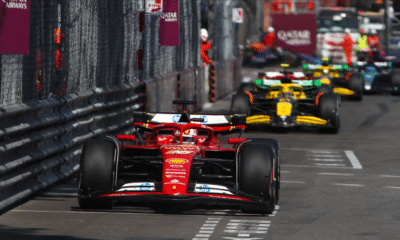

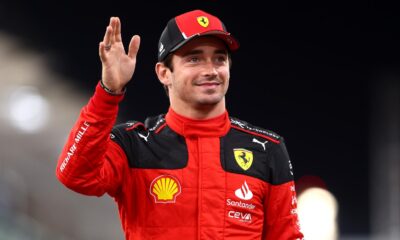

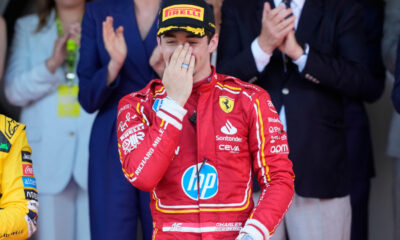

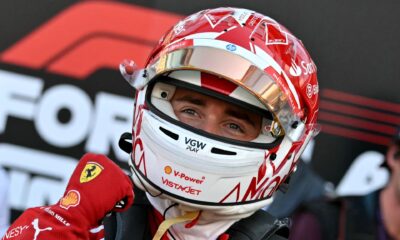


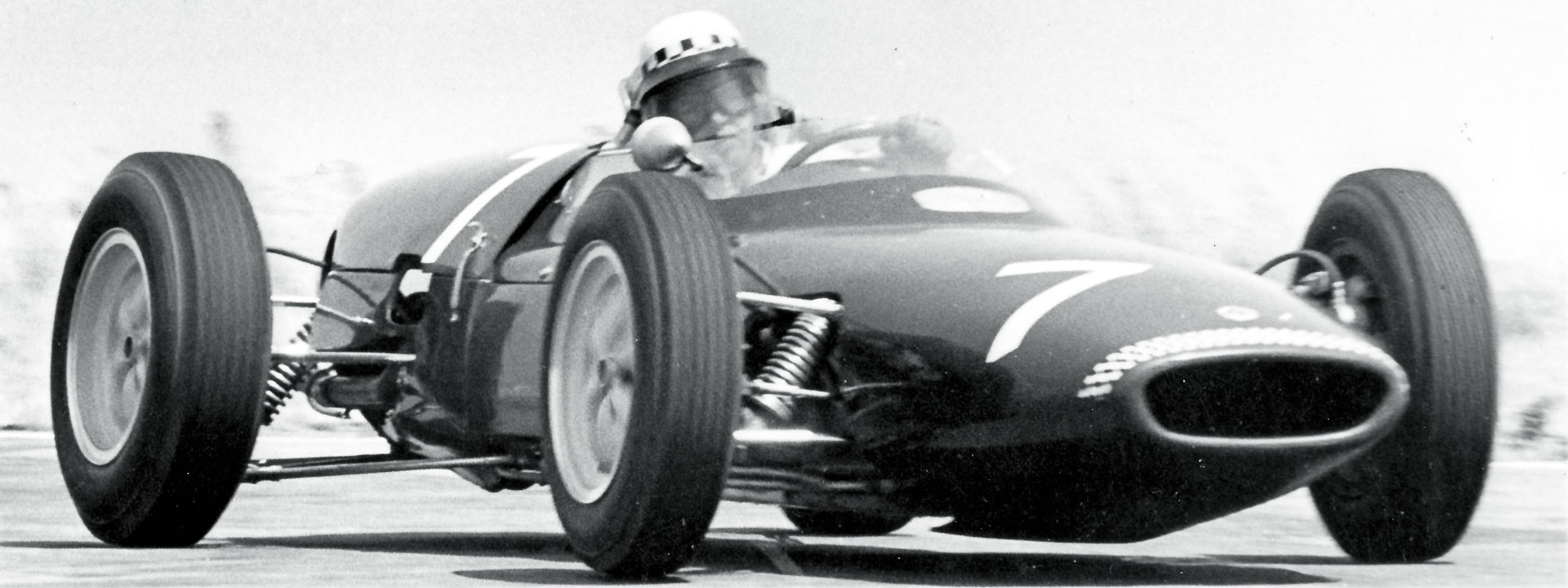






You must be logged in to post a comment Login